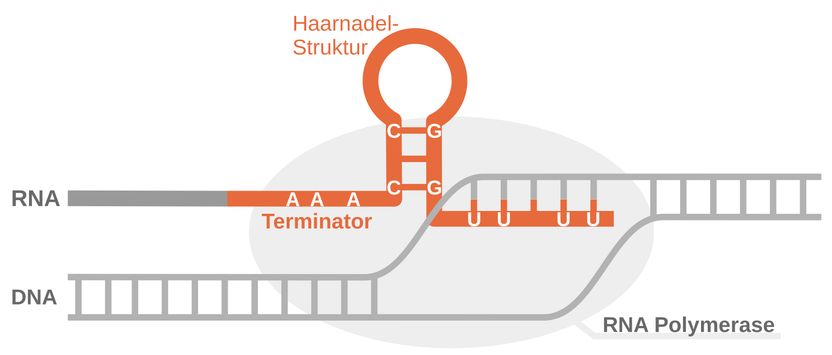Lorus identifies novel class of lead drug candidates from small molecule anticancer program
Advertisement
Lorus Therapeutics Inc. announced the continued success in the development of its small molecule anticancer program with the selection of a sub-class of lead molecules from the Company's small molecule program. Two molecules from this sub-class, ML-133 and LT-253, have been chosen as lead candidates for further development as novel anticancer drugs, based on the results of preclinical studies.
ML-133 and LT-253 are part of the ML-series, which is a group of novel low molecular weight compounds that shows significant anti-proliferative activity against many human cancer cell lines. In the in vitro anticancer screening program of the U.S. National Cancer Institute (NCI), which includes 60 human cancer cell lines representing nine cancer types, ML-133 exhibited potent activity against colon carcinoma, leukemia, non-small cell lung cancer, and prostate cancer cell lines.
Because of its activity against several cancer types as well as its novel mechanism of action, the NCI selected ML-133 for testing in the Hollow Fiber Assay to assess in vivo anticancer activity and systemic availability. This makes ML-133 one of a small percentage of compounds selected by the NCI for testing in this assay. In the Hollow Fiber Assay, ML-133 demonstrated antitumor efficacy towards several human cancers. LT-253, which is related in chemical structure to ML-133, has also shown promising antitumor activity in vivo. Like ML-133, LT-253 demonstrates potent growth inhibition in xenograft models of various human cancers, including colon carcinoma and non-small cell lung cancer.
Lorus and collaborators at the University of Toronto are currently in the process of developing formulations of ML-133 and LT-253 to characterize pharmacokinetic properties. The goal of these studies is to advance drug candidates into clinical trials as quickly as possible.
Other news from the department research and development

Get the life science industry in your inbox
By submitting this form you agree that LUMITOS AG will send you the newsletter(s) selected above by email. Your data will not be passed on to third parties. Your data will be stored and processed in accordance with our data protection regulations. LUMITOS may contact you by email for the purpose of advertising or market and opinion surveys. You can revoke your consent at any time without giving reasons to LUMITOS AG, Ernst-Augustin-Str. 2, 12489 Berlin, Germany or by e-mail at revoke@lumitos.com with effect for the future. In addition, each email contains a link to unsubscribe from the corresponding newsletter.



























































